Amsterdam, the capital of the Netherlands, is a city rich in history, culture, and innovation. With a past dating back to the 12th century, Amsterdam has transformed from a small fishing village into one of Europe’s most influential and dynamic cities. Its history is shaped by its strategic location along the Amstel River, which played a crucial role in its development as a major port and trading hub during the Dutch Golden Age in the 17th century.
The city’s rapid expansion during this period led to the construction of its iconic canal system, which became the foundation of its urban planning and contributed to Amsterdam’s status as a UNESCO World Heritage Site. The canal belt, which encircles the city center, features picturesque waterways lined with historic buildings, bridges, and houseboats, attracting millions of tourists annually. The city’s canals are not only a visual hallmark but also a testament to Amsterdam’s advanced engineering and urban design.
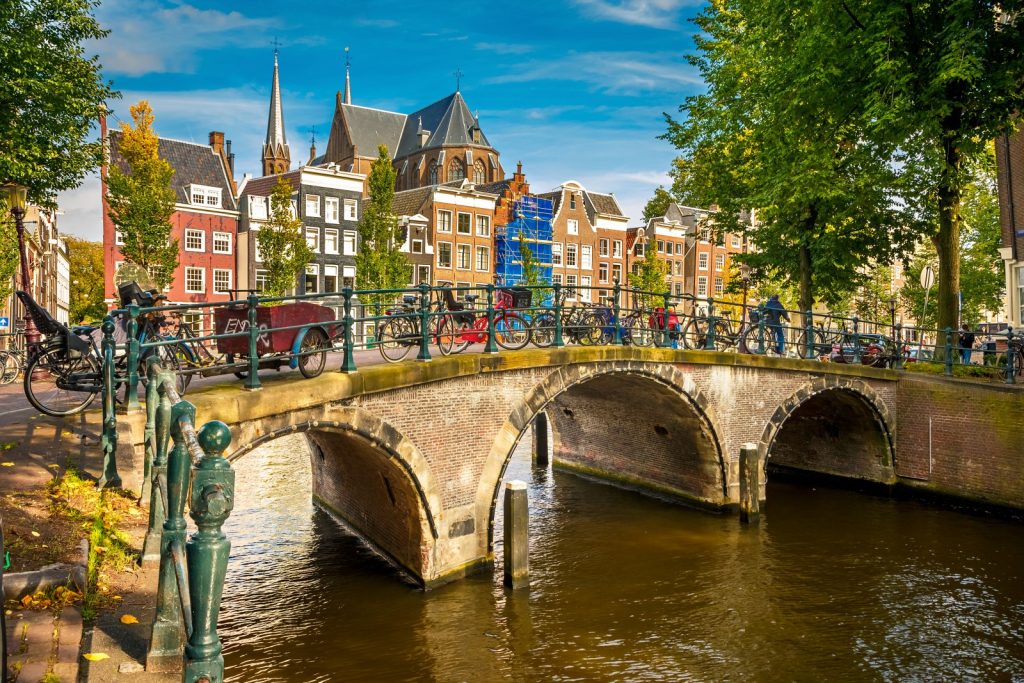
Amsterdam’s role as a major center for trade, finance, and art in the 1600s helped fuel its cultural and intellectual growth. It was during this period that the city became home to many renowned artists, including Rembrandt van Rijn and Johannes Vermeer. The Rijksmuseum, one of the city’s most famous museums, houses a vast collection of art from the Dutch Golden Age, including Rembrandt’s masterpiece The Night Watch. Amsterdam’s rich artistic heritage is also showcased in the Van Gogh Museum and the Stedelijk Museum, which feature works by Vincent van Gogh, modern art, and contemporary artists.
The city’s historical legacy is further reflected in its landmark buildings, such as the Royal Palace, originally built as the city hall in the 17th century, and the Anne Frank House, where the Jewish teenager and her family hid during World War II. The Anne Frank House is now a museum dedicated to the life of Anne Frank, offering a poignant and educational experience about the Holocaust and human rights.
Today, Amsterdam is a vibrant, cosmopolitan city that blends its rich history with a progressive, forward-thinking spirit. The city’s cultural landscape is dynamic, offering a wide array of museums, galleries, theaters, and music venues. Amsterdam is known for its liberal values, particularly in areas such as drug policy, LGBTQ+ rights, and social tolerance. The city is also a hub for innovation, especially in technology and sustainability, with numerous startups and research institutions contributing to its growing reputation as a center for entrepreneurship and green initiatives.
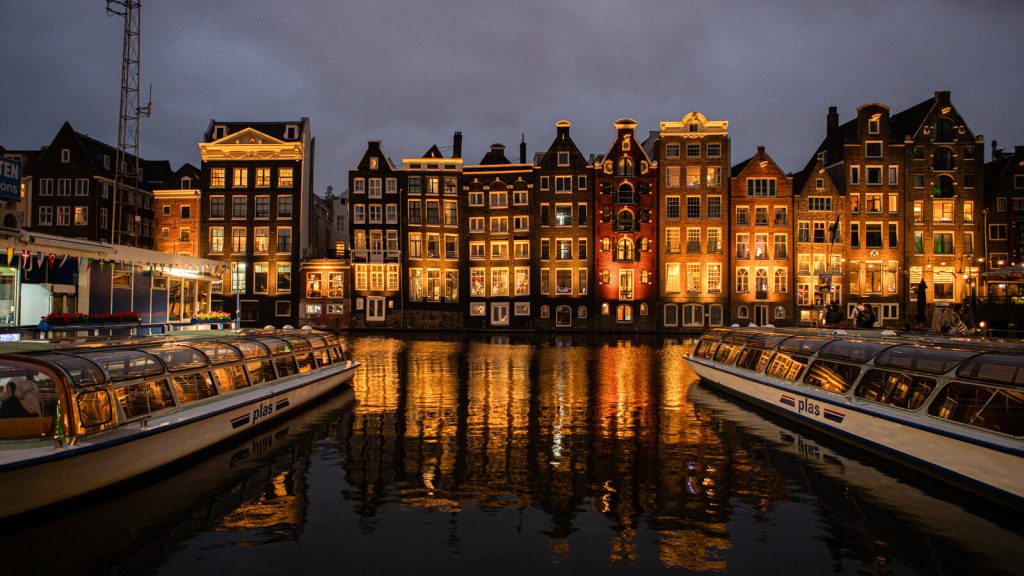
The city’s commitment to sustainability is visible in its extensive network of cycling paths. Amsterdam is often referred to as the “Bike Capital of the World,” with more bikes than residents. Cycling is deeply embedded in the city’s culture, and its bike-friendly infrastructure makes it one of the most sustainable cities in the world. The city’s focus on reducing carbon emissions is also evident in its eco-friendly public transportation system, which includes electric trams and boats.
Modern Amsterdam is a melting pot of cultures, as it continues to attract people from all over the world. Its diverse population has led to a rich culinary scene, with influences from all corners of the globe. The city’s food culture is vibrant, offering everything from traditional Dutch dishes like stamppot and haring to international cuisine. Amsterdam is also famous for its coffee shops, which legally sell cannabis, and its many breweries, including the historic Heineken Brewery.
In addition to its cultural attractions, Amsterdam is a city that values leisure and relaxation. Vondelpark, the city’s largest and most famous park, provides residents and tourists alike with a green space for outdoor activities, picnics, and concerts. The park’s scenic pathways, ponds, and open-air theaters make it a popular destination throughout the year.
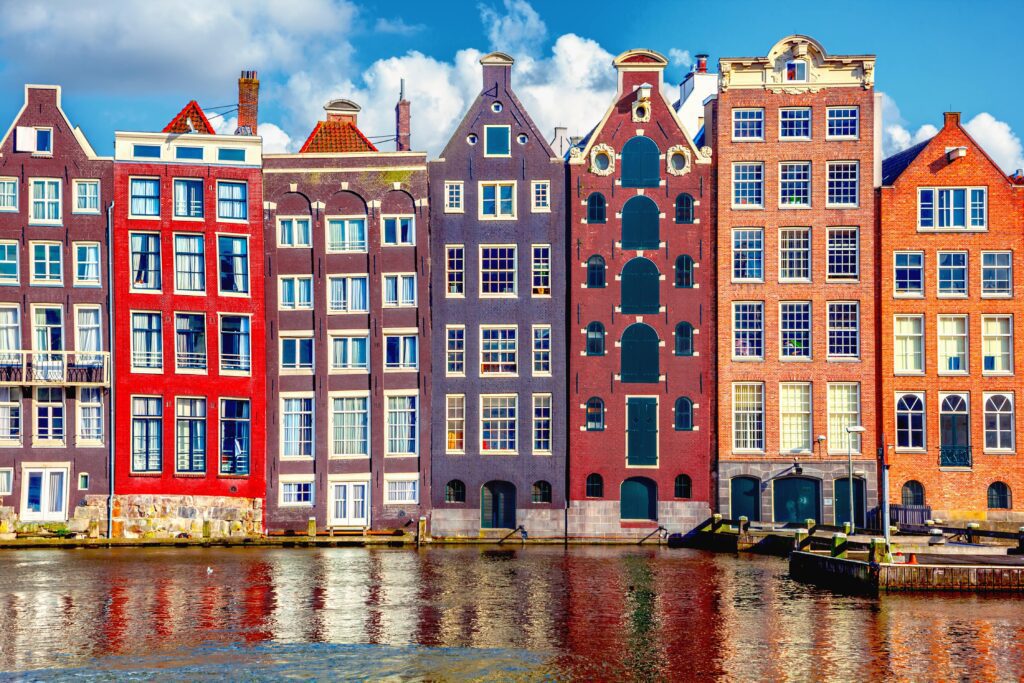
Amsterdam’s architecture is a blend of historic buildings, modern designs, and cutting-edge urban planning. The city’s commitment to maintaining its historical charm while embracing modernity is visible in the juxtaposition of 17th-century canal houses with sleek contemporary buildings. The Amsterdam ArenA, home to the city’s soccer team, Ajax, is a prime example of modern architecture, while the NEMO Science Museum is a futuristic structure that attracts visitors with its interactive exhibits.
The city is also known for its festivals and events, which draw large crowds every year. The King’s Day celebration, held on April 27th, is one of the most vibrant events, where the streets are filled with orange-clad revelers celebrating the Dutch monarchy. Amsterdam Light Festival, held in winter, transforms the city into a dazzling display of art installations and light displays, further enhancing the city’s artistic atmosphere.
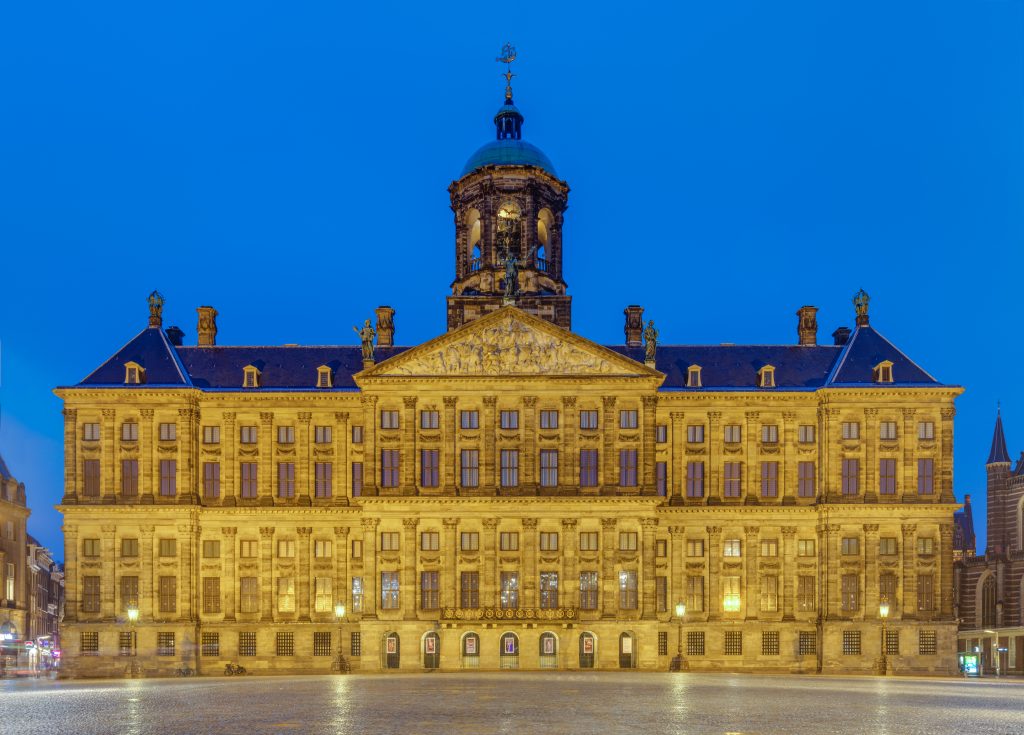
Amsterdam’s commitment to preserving its cultural heritage while embracing modernity is one of the reasons it remains a top global destination for travelers. Its efficient public transportation system, which includes trams, buses, and ferries, makes it easy to explore the city’s many attractions. Whether you’re walking along the canal banks, visiting world-class museums, or cycling through its streets, Amsterdam offers an unforgettable experience for every visitor.
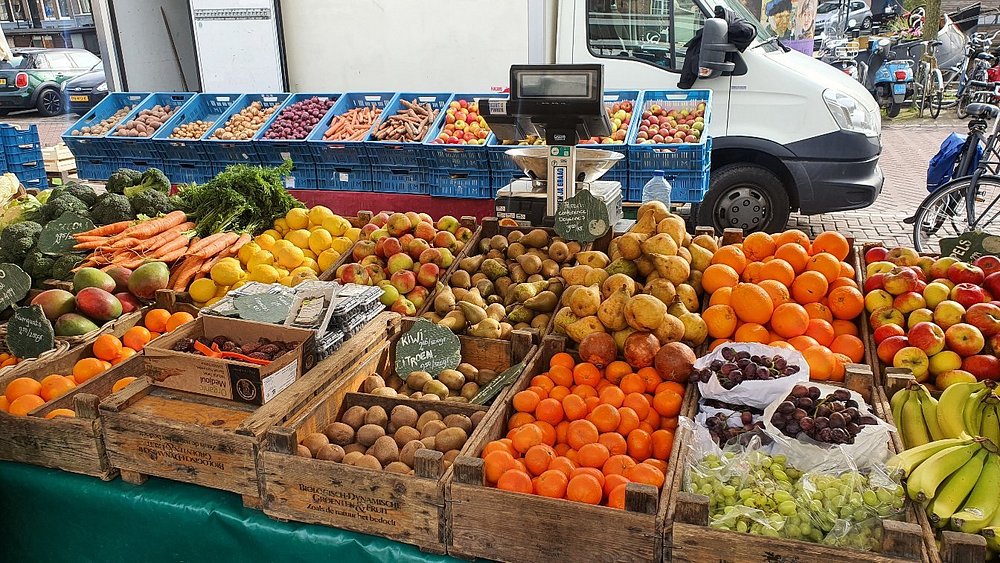
In recent years, the city has faced challenges related to tourism, including overtourism and its impact on local communities. However, the city’s authorities are working to implement sustainable tourism practices that balance the needs of residents with those of visitors. Initiatives include promoting lesser-known neighborhoods, encouraging off-season travel, and emphasizing responsible tourism.
In conclusion, Amsterdam is a city of contrasts, where history and modernity coexist in a harmonious blend. Its canals, museums, cultural institutions, and progressive values make it a unique and exciting destination for travelers from around the world. Amsterdam’s rich history, diverse population, and commitment to sustainability ensure that it remains one of the most influential cities in Europe, attracting visitors and residents alike who are drawn to its dynamic atmosphere and open-minded spirit.